Nintendo has updated its user agreement with a more stringent approach toward activities such as hacking Switch consoles, running emulators, or engaging in other forms of “unauthorized use.” As first noted by Game File, Nintendo has sent emails to users announcing revisions to both the *Nintendo Account Agreement* and the *Nintendo Account Privacy Policy*. These updates went into effect on May 7 and now apply to all existing and new Nintendo Account holders. According to the report, approximately 100 changes were made between the old and new versions of the agreement.
Prior to May 6, the agreement prohibited users from leasing, renting, sublicensing, publishing, copying, modifying, adapting, translating, reverse engineering, decompiling, or disassembling any part of the Nintendo Account Services without prior written consent from Nintendo—unless otherwise allowed under applicable law.
In the revised U.S. version, this section has been significantly expanded and now states:
"Without limitation, you agree that you may not (a) publish, copy, modify, reverse engineer, lease, rent, decompile, disassemble, distribute, offer for sale, or create derivative works of any portion of the Nintendo Account Services; (b) bypass, modify, decrypt, defeat, tamper with, or otherwise circumvent any of the functions or protections of the Nintendo Account Services, including through the use of any hardware or software that would cause the Nintendo Account Services to operate other than in accordance with its documentation and intended use; (c) obtain, install or use any unauthorized copies of Nintendo Account Services; or (d) exploit the Nintendo Account Services in any manner other than to use them in accordance with the applicable documentation and intended use, in each case, without Nintendo’s written consent or express authorization, or unless otherwise expressly permitted by applicable law. You acknowledge that if you fail to comply with the foregoing restrictions Nintendo may render the Nintendo Account Services and/or the applicable Nintendo device permanently unusable in whole or in part."
As highlighted by Nintendo Life, the wording differs slightly in the UK. There, users agree that:
"Any Digital Products registered to your Nintendo Account and any updates of such Digital Products are licensed only for personal and non-commercial use on a User Device. Digital Products must not be used for any other purpose. In particular, without NOE's written consent, you must neither lease nor rent Digital Products nor sublicense, publish, copy, modify, adapt, translate, reverse engineer, decompile or disassemble any portion of Digital Products other than as expressly permitted by applicable law. Such unauthorised use of a Digital Product may result in the Digital Product becoming unusable."
While Nintendo hasn't explicitly defined what "unusable" entails, the phrasing implies that the company reserves the right to disable or "brick" devices suspected of violating these terms. Additionally, changes to the privacy policy emphasize that Nintendo may monitor online voice chats to help maintain a safe, family-friendly environment and detect potential violations of the user agreement or other harmful behaviors.
Nintendo Switch 2 System and Accessories Gallery
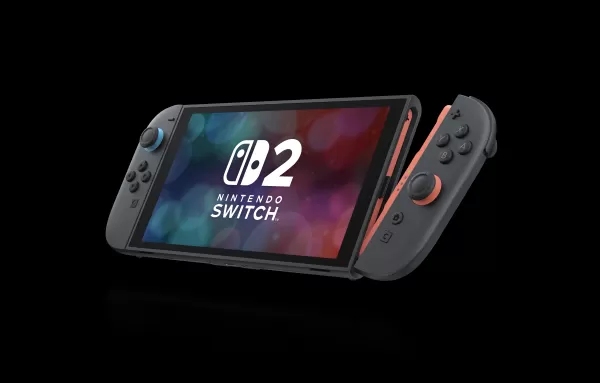
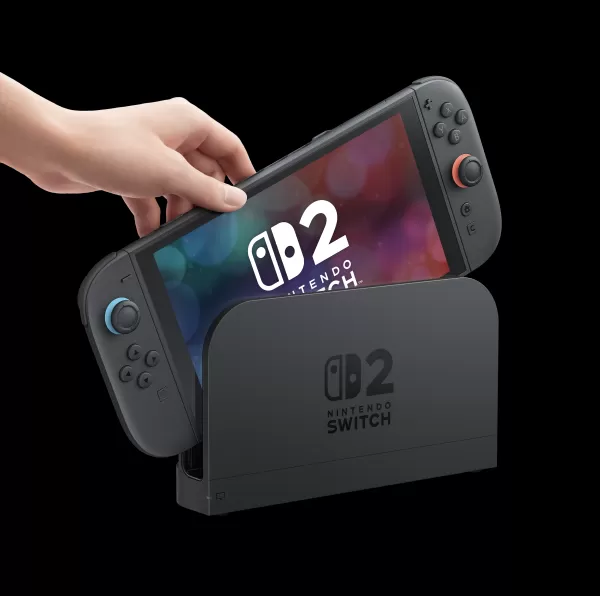 View 91 Images
View 91 Images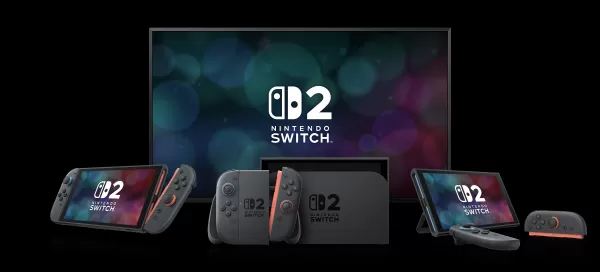
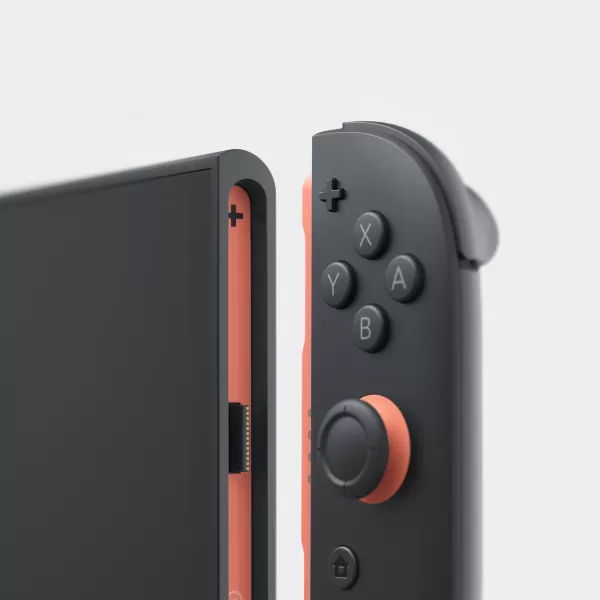
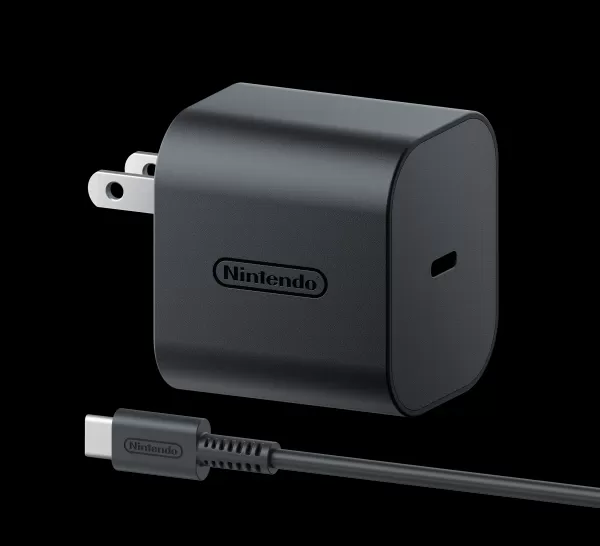
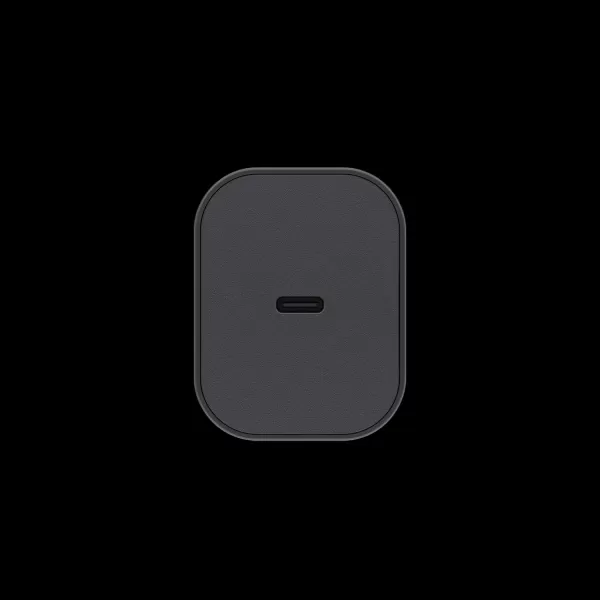
These updates likely reflect Nintendo’s ongoing efforts to combat piracy and protect its intellectual property. They come amid high-profile legal actions taken by the company against piracy groups and just ahead of the upcoming launch of the Nintendo Switch 2, scheduled for June 5.
Pre-orders for the Nintendo Switch 2 became available on April 24 at the standard price of $449.99 — and they sold out quickly. However, Nintendo has issued a notice to U.S. customers who pre-ordered through the My Nintendo Store, indicating that delivery by the release date cannot be guaranteed due to overwhelming demand. For more details, check out IGN’s Nintendo Switch 2 pre-order guide.















